
"Bankers' Deaths Shine Light on Stress in Industry, Tunnel Vision" by Ben Moshinsky (Bloomberg)
"What's Behind Epidemic of Financial Industry Deaths" by Michael Gray (NY Post)
"Is There A Suicide Contagion on Wall Street?" by Jen Wieczner (CNN Money)
"Wall Street Suicides Related to Demographics, Not to Work" by Sally Satel (Clinton Herald)
"Why Wall Street Bankers Commit Suicide" by Linette Lopez (Business Insider)
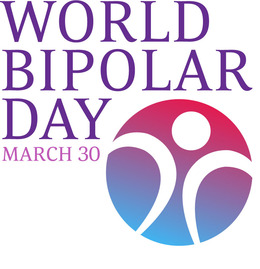

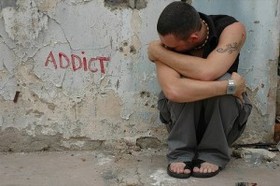
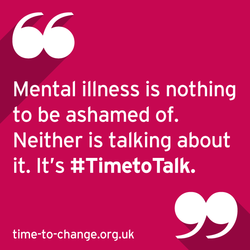
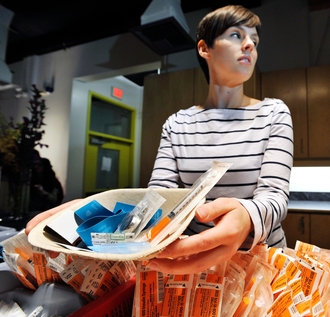
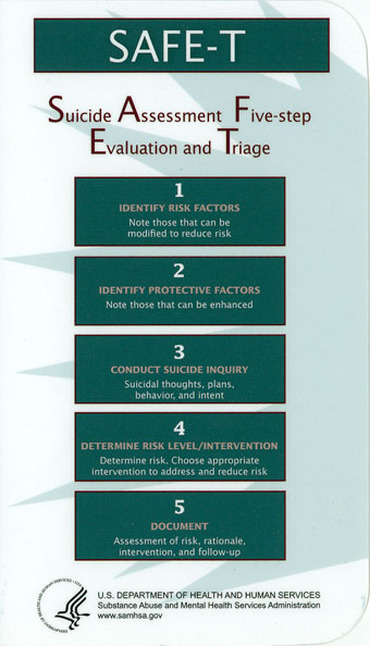

 RSS Feed
RSS Feed
